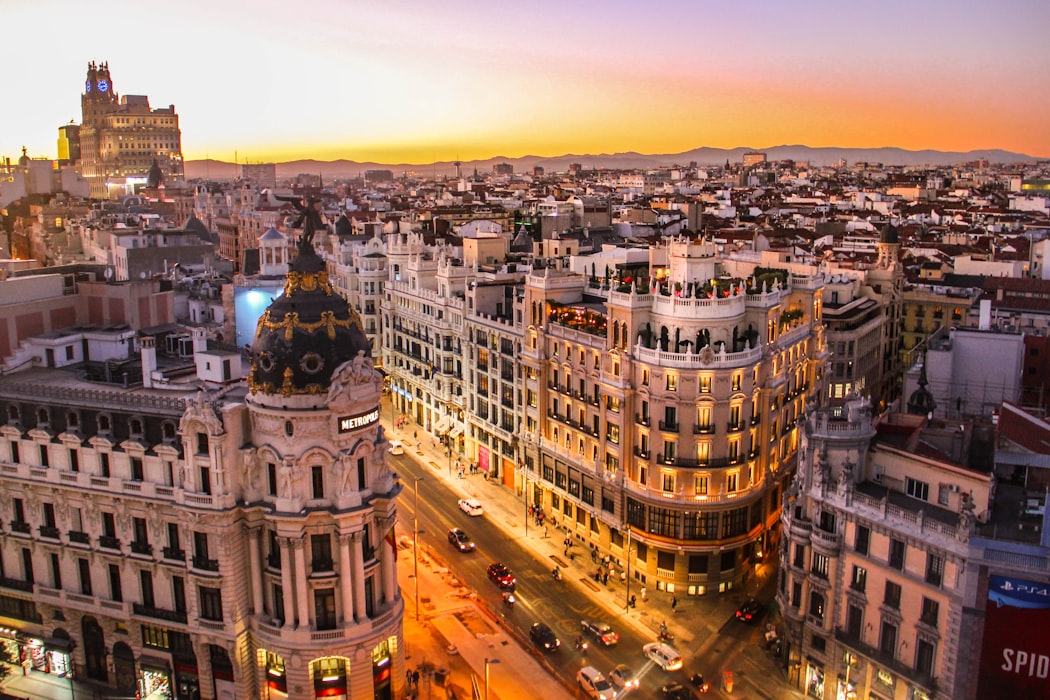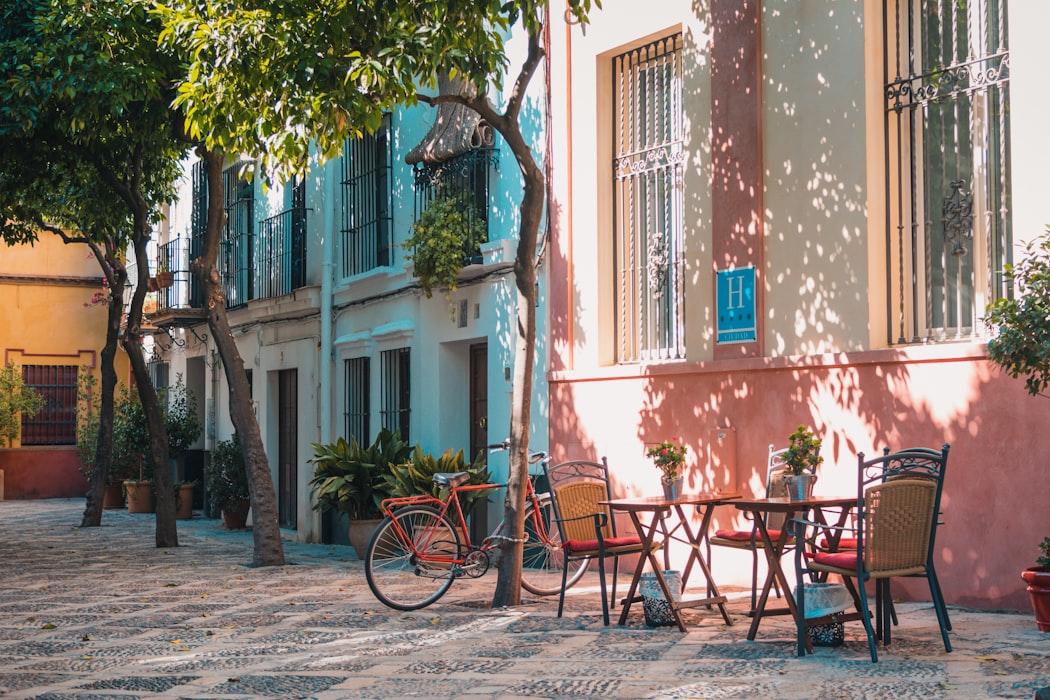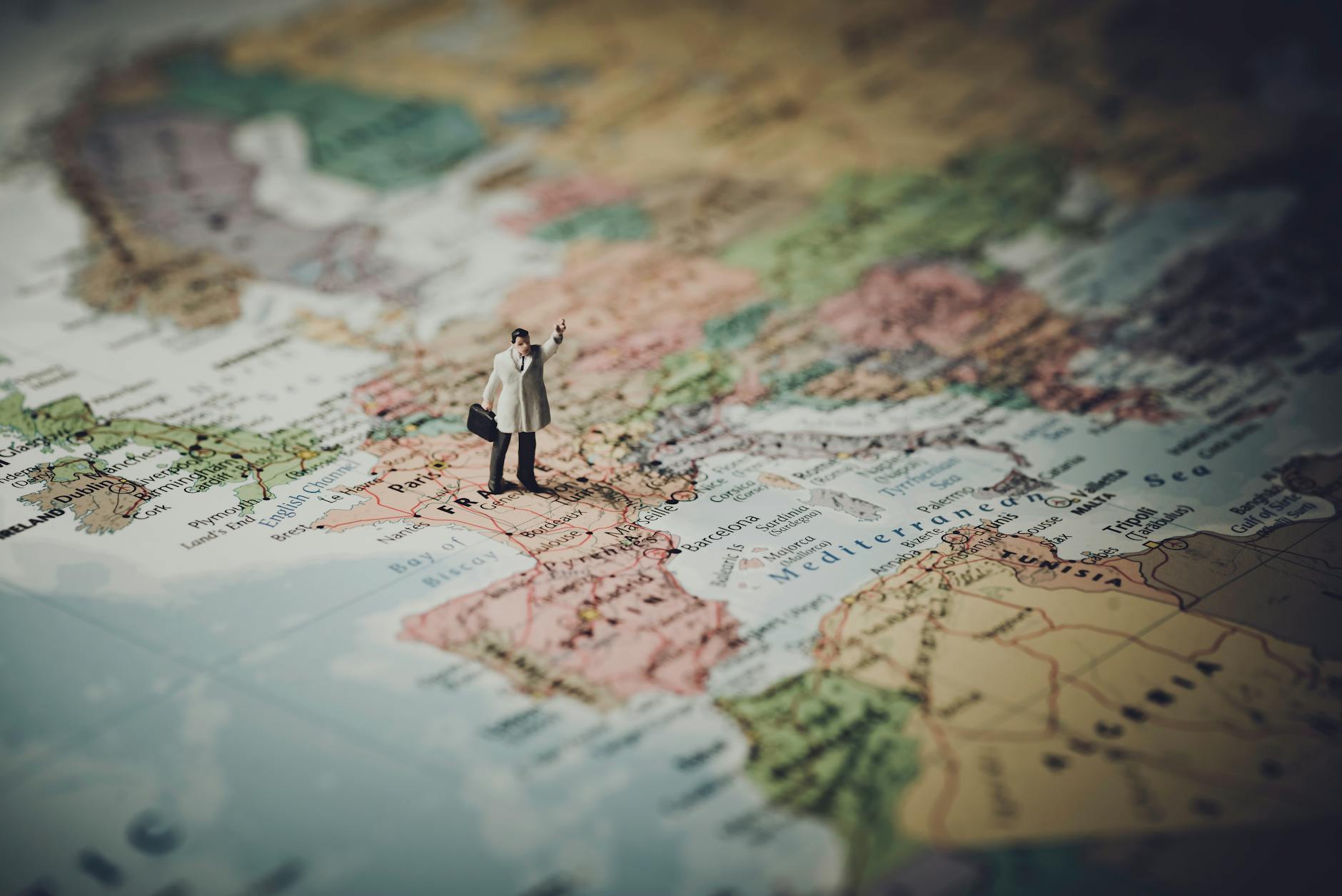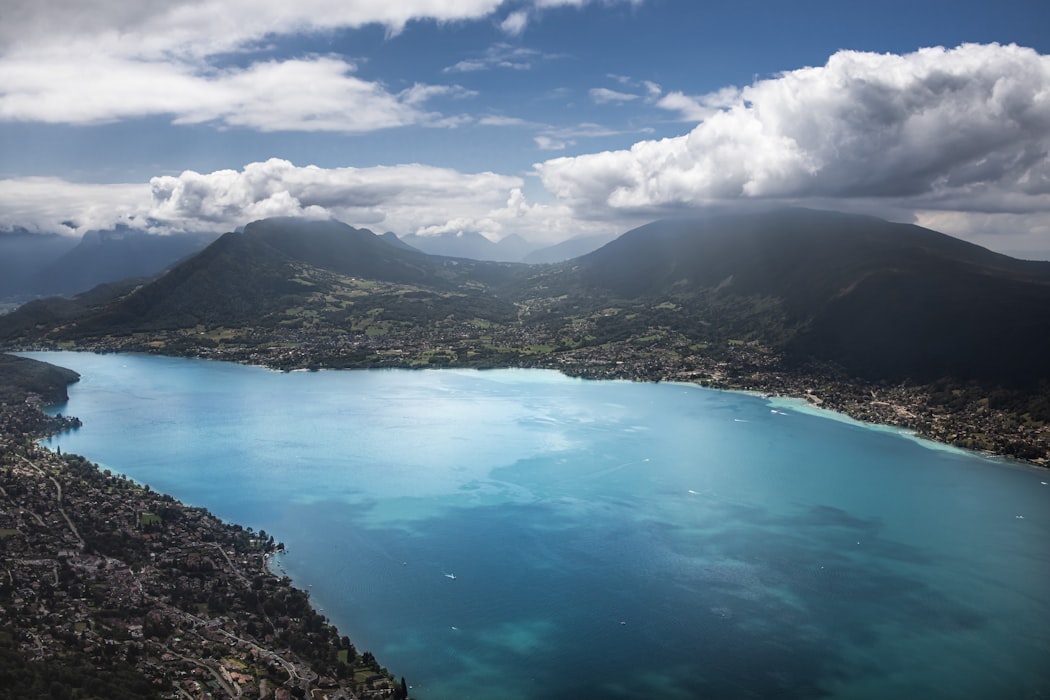
Can you see it?
- How much does it cost to travel in France as a family?
- Here’s a sample Budget for a week.
- The cost of life will comprise 5 Domains: Accommodations, Transportation, Landmarks & Culture, Restaurants & Groceries, and Entertainment.
- The costs in this article will be indicated in Euros, for immediate projection purpose.
- You can consider that 1$ approximately 1€.
- It will even out in most cases.
- Here’s an Euro-Dollar converter.
Smart travel & Itineraries
General considerations
- What are you looking for in France?
- For how long will you travel?
- Booking several months ahead may guarantee you a better fare.
- Choose your Airport/Terminal.
- If you’re travelling in Southern France, you could book a flight to one Nice, Marseille, or Bordeaux to reduce costs.
- Check that all your Passports & Visas are up to date.
- The same for the medical cards & documents/prescriptions.
Travel Packages (or Vacation Packages)
- Travel package include round-trip air fare & hotel stay.
- They may include guided tours or restaurant vouchers and other cost-effective advantages.
- However, some of them are sold under special conditions.
- Therefore reading consumer reviews, on Trip Advisor, of the packages is essential.
- You can compare Travel packages on sites like Kayak, Momondo, Hotwire & Skyscanner.
- Air France & their partners proposes special offers on flights and travel packages during holidays.
Off-Season & Shoulder Season
- The off-season lasts from November to March.
- The shoulder season sits between peak and off seasons.
- Generally around April-May & October.
- The tickets, the hotels & most of the services will be cheaper.
- The roads, the landmarks & most of the places in town will also be less crowded.
- Off-season & shoulder season have some Drawbacks.
- Less Tourist offices will welcome you, and may have shorter working hours.
- Less museums & landmarks propose English-language tours.
- Though, the largest ones operate all along the year.
- You should not see the difference if you’re going to a major City.
The Gateway to Western Europe
France grants you direct access to all Western Europe nations.
Travelling by land, wherever it is by car or by train, will allow you to save money on some costly inter-European flights.
- If you’re in Paris & Ile-de-France there are no access by lands but airports can lead you anywhere at a low cost.
- Brittany (Bretagne)
- The Provence region & Southern France is a Close to Italy.
- It’s also an access to Switzerland.
- The South West, the Occitanie & Nouvelle Aquitaine are the Closest to Spain.
- The South West also leads you to the Basque Country.
- If you are traveling through Alsace-Loraine & Eastern France you can progressively end in Germany without realizing it.
- And Belgium & the Netherlands are just a little further.
- Through Normandy & Northern France you can access the United Kingdom via the Eurostar or by boat.
Make the most of your journey by visiting as many countries as possible.
Lodging & Accommodation
Budget 2 & 3-stars Hotels
- Lodging will be the 2nd biggest expense after Tickets.
- As hotels are influenced airlines trends in terms of pricing you will win by books in advance.
- Low cost Hotel chains such as Ibis budget, Premiere Classe, Campanile, Adagio/Hipark, Odalys, Park Inn or Residhome are recommended.
- There are dozens of low cost hotel chains, the aforementioned chains tends to keep their prices low in most cities.
- The average hotel stay will cost you between 800 & 1200 euros.
- For a duration of 8 days.
- For 2 bedrooms, 1 for 2 adults, the other for 1 adult (child over the age of 17) & 2 children (under 17 yo).
- WiFi is included, cancelling requires no additional fee, and in most cases All you can eat breakfast are included.
Family Hotels & Resorts
- Center parcs family resorts
- Center Parcs are built under large domes.
- The domes shelter landscaped tropical pools, water parks, restaurants, shops, and spas.
- Center Parcs also offer outdoor activities.
- Some common activities are: archery, zip wires, rafting, tree climbing, or horse riding.
- The multi-bedrooms Cottages are fully equipped.
- Most of them are situated in Northern & Central France.
1 week stay for 5 person : 2000 – 3000 €
- Club med
- The emphasis is put onto Children & Teenager-friendly programs.
- Many sport-clubs types programs exist.
- Family-Oriented ski resorts are the most popular.
- The Club med resorts includes: agoras, récréative spaces, restaurants, shopping galleries & spas.
- The resorts are free for Children under 4 yo (accommodations, meals & activities).
1 week stay for 5 person (connecting room, 387.5 sqft) : 6000 €
Apartment Rental
- Apartment Rental has become a popular option in many Cities.
- As most of them have a kitchen, you can save up some additional money on dining out.
- If you plan to stay for a month this will be the most cost effective option.
- A 3 bedroom apartment will cost you around 800-1000 (out of city center) & 1000-1400 (in city center) Euros.
| Center Parks | Club Med | Hotels | Appartments | |
| Pros | Sheltered space Everything in 1 Place | Everything in 1 Place Ski resorts | Cheaper than Resorts Familiar option | Cheapest More rooms |
| Cons | Closed space North & Center only | Most Expensive | No Kitchen | Stay for 1 month Chores? |
Transportation
- If you travel through Cities & Metropolises public transportation becomes an essential part of your journey.
- And can cost quite a lot.
- Consider buying a City Pass.
- They are generally Weekly passes & Monthly passes.
- They include transportation and entry to certain museums & landmarks.
- Most of the time it will be Buses & Trains, but some passes include Subway.
- They are available at local tourist offices, attractions, and hotels.
- On feet
- If your journey is longer than a month you may want to consider a Car-Lease Buyback.
- This option is offered by major car manufacturers.
- There are several advantages over a traditional car rental.
- Such as driving a brand new vehicle, and tax-deductible insurance tailored for this short period.
- Avis also propose one of the most popular Rent-a-Car option.
- When it comes to Small towns & Villages where buses are rare, Cars become valuable.
- When travelling between regions or countries, consider an overnight sleeper train.
- It could save you the cost of a hotel’s night.
- In the same vein, open-topped bus is a great way to visit a City and some of them have a dedicated guide.
- It may come out cheaper than a tour of every city’s landmark & you may remember more things.
Landmarks & Parks
- Many Landmarks are free to tour.
- Most of the Cathedrals of France are free to visit.
- They are some of the greatest monuments, depicting the evolution of France’s history.
- France harbors many medieval towns & villages.
- They are spread all over the country.
- The same goes for Antique, mostly Roman ruins.
- Most of them are situated in southern France.
- Paris & Ile-de-France
- Notre Dame de Paris Cathedral
- Château de Versailles
- Brittany (Bretagne)
- Phare de L’Ile Vierge
- Alignements de Carnac
- Provence & Southern France
- Basilique Notre-Dame de la Garde – Marseille
- Citadelle de Sisteron – Alpes-de-Haute-Provence
- South West, Occitanie & Nouvelle Aquitaine
- Bordeaux offers many free activities. The city center is a UN World Heritage Site.
- Arènes de Nîmes – Languedoc-Roussillon
- Alsace-Loraine & Eastern France
- Cathédrale de Strasbourg – Alsace
- Hospices de Beaune – Bourgogne
- Normandy & Northern France
- Cathedral of Amiens have remarkable sound & light shows
- Abbaye du Mont-Saint-Michel
Cinema, Museums & Culture
- Paris & Ile-de-France
- The Louvre, the Musee D’Orsay, and many other museums are free for kids up to 18 years old.
- Brittany (Bretagne)
- Provence & Southern France
- Musée Picasso – Antibes
- Musée Matisse – Nice
- South West, Occitanie & Nouvelle Aquitaine
- Musée Toulouse Lautrec – Albi
- Musée Bonnat – Bayonne
- Musée des Beaux-Arts – Bordeaux
- Alsace-Loraine & Eastern France
- Musée Miniature et Cinéma – Lyon
- Hôtel-Dieu – Beaune
- Normandy & Northern France
- Musée d’art moderne – Lille
- Palais des Beaux Arts – Lille
Special offers, Reduced fees & Holidays
- City Passes offer you free access to many Landmarks & Museums.
- Or reduced tickets
- There are almost always Students prices.
- Many Cultural attractions are free or have price cut in half for Children (under 13 or under 16).
- Many Cultural attractions are free for Children (under 3).
- Holidays are synonyms of lowered prices or even free entry.
Restaurants, Snack Bars & Cafes
There are many wonderful options for eating out, from street food, to Traditional regional specialties, to Grands Restaurants.
Here are some dishes you’ll want to try with your Children.
Most of them are Pastries & Bakeries, because…
- Paris & Ile-de-France
- Les Croissants
- Brioche de Nanterre
- L’Opera
- La Religieuse
- Le Paris-Brest
- Brittany (Bretagne)
- Gavottes
- Kouign amann
- Pallets/Galettes Bretones
- Provence & Southern France
- Brioches aux Pralines
- Macarons de Massiac
- Cassoulet
- Center France
- Tarte Tatin
- L’Ideal Maconnais, (Filled Meringues & Buttercream)
- Le Belfort
- Le Rigodon
- Boeuf Bourguignon
- South West, Occitanie & Nouvelle Aquitaine
- Le gâteau à la broche de Bigorre
- La Crème Paysanne
- Canelé Bordelais
- Alsace-Loraine & Eastern France
- Kougloff
- Pain d’Epices
- Flammekueche
- Quiche Lorraine
- Gratin Dauphinois
- Chocolate Truffles
- Normandy & Northern France
- la Gâche de Normandie
- Le Merveilleux
- Speculoos
- Creme Chantilly
- Moule Frites
- Most Pastries & Viennoiseries can be found around 2-3 euros.
- Street food will cost you around 5 to 7 euros per person.
- A lunch in an inexpensive restaurant will cost you around 13 euros per person.
- A 3-course meal in a mid-range restaurant will cost you around 50 euros per person.
- Soda is generally around 2-3 euros & Water under 2 euros (small bottles).
Easy Self-Cater
Breads, Charcuteries, Cheeses, you’ll want to try them all.
- Paris & Ile-de-France
- Baguette
- Pate de Chartres
- Brittany (Bretagne)
- Rillettes de Noix de St-Jacques
- Caramels au Beure sale – Morhiban
- Provence & Southern France
- Olive Oil
- Aioli
- South West, Occitanie & Nouvelle Aquitaine
- Saucisse de Toulouse
- Jambon de Bayonne
- Huitres Atlantique
- Tome des Pyrenees
- Piment d’Espelette
- Pelardon
- Figues
- Alsace-Loraine & Eastern France
- Saucisse de Montbeliard
- Saucisse de Morteau
- Comte
- Reblochon
- Moutarde de Dijon
- Normandy & Northern France
- Camembert
- Mimolette
- Ficelle Picarde
- Beef is around 7 Euro/pound & Chicken 3 Euro/pound.
- Most Local Cheeses will be around 6.5 Euro/pound.
- Milk is around 3 Euro/gallon.
- Most fruits & vegetable are around 1 Euro/pound.
- So are rice, pasta & bread (or even under).
- Soda is generally around 1-2 euros & Water under 1 euros.
| Expenses (4-5 persons) | Euros €/w |
|---|---|
| Tickets | |
| Off-season Off-season – Child Shoulder season Shoulder season – Child | 600 800 1200 |
| Accomodations | |
| Hotel (8 days, 2 rooms) Apartment (1 month, 3 rooms) | 800 – 1200 1000 – 1400 |
| Communication | |
| Phone + Internet (wifi/mobile) VPN | 20 5 |
| Transportation (weekly pass) | |
| One-way Ticket Bus + Metro + others Train (Yearly Discount pass) | 1.7 – 2 50-70 399(+ ticket) |
| Financial services | |
| Agency/Site Insurance (Health + Home + Life) | 112-157 |
| Eat Out | |
| Restaurant/Dinner Lunch Snacks/Bakeries | 80-100 35-40 10-20 |
| Self Catering | |
| Groceries | up to 150 |
| Entertainment (1 seance) | |
| Cinema Museum/Landmark | up to 10 up to 10 |










































